Selling Once-Used Cardboard Boxes: A Win-Win for Sustainability and Savings
As businesses increasingly embrace sustainability, a simple yet effective practice is gaining momentum – selling once-used cardboard boxes. This eco-friendly approach not only contributes to environmental conservation but also offers compelling financial advantages for both businesses and consumers.
One of the primary benefits lies in waste reduction. Rather than discarding cardboard boxes after a single use, selling them for reuse extends the lifespan of these materials. This directly addresses the environmental impact associated with the production and disposal of cardboard, reducing the demand for new resources and minimizing the carbon footprint.
Financially, selling once-used cardboard boxes is a cost-effective solution. Businesses can recoup a portion of their packaging expenses by selling boxes that are still in good condition. This additional revenue stream can be especially valuable for small and medium-sized enterprises, contributing to overall cost savings and financial sustainability.
From a consumer perspective, purchasing once-used cardboard boxes at a discounted rate makes economic sense. It allows individuals and businesses alike to access affordable and functional packaging solutions while actively participating in sustainable consumption practices. This resonates well with environmentally conscious consumers who seek eco-friendly alternatives in their purchasing decisions.
Furthermore, the resale of cardboard boxes promotes a circular economy, where materials are reused and repurposed rather than discarded after a single use. This aligns with broader sustainability goals and encourages a mindset shift toward more responsible and mindful consumption patterns.
The benefits of selling once-used cardboard boxes extend beyond the financial realm, offering a sustainable solution to the challenges posed by single-use packaging. This practice not only conserves resources and reduces waste but also fosters a culture of environmental responsibility, demonstrating that small changes in business practices can lead to significant positive impacts on both the planet and the bottom line.


